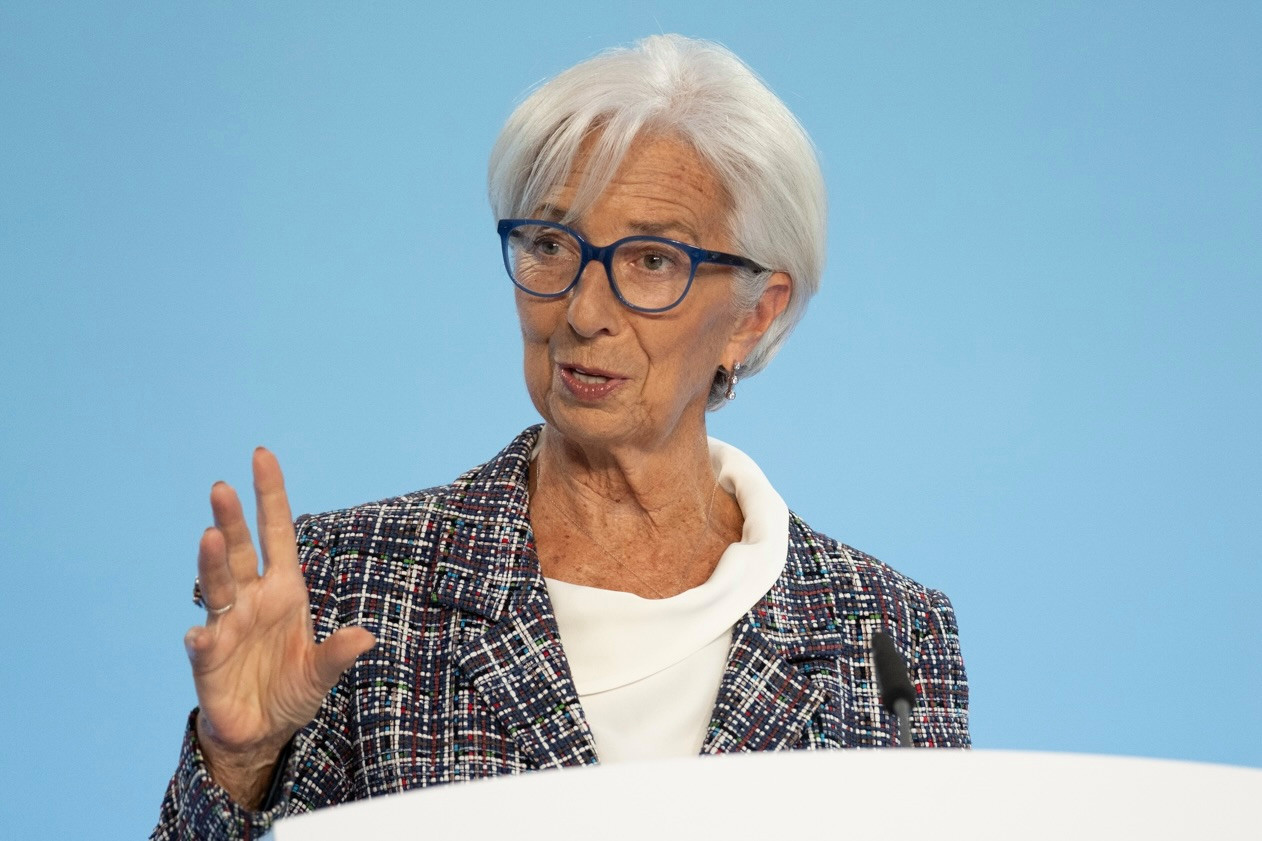The European Central Bank (ECB) has reduced the key banking rates in the euro area. This marks the fourth consecutive 25bps cut, amounting to a cumulative total of 100bps in reductions throughout the year. The follows a modest increase in euro area inflation since the ECB’s last meeting in October 2024, with both service and core inflation remaining above the medium-term target of 2%.
ECB president Christine Lagarde explained that the rate cut reflected the governing council’s revised inflation outlook, ongoing inflation dynamics and the effectiveness of monetary policy. Economists had largely the 25bps cut, which signals the ECB’s continued response to inflationary pressures while seeking to support economic growth.
Lagarde noted that the ECB’s latest assessment projects headline inflation to average 2.4% in 2024, with a gradual decline to 1.9% by 2026, before slightly rising again to 2.1% in 2027, when the expanded EU emissions trading system (ETS) becomes operational. Inflation excluding energy and food is forecast to average 2.9% in 2024, falling to 1.9% in 2026 and 2027. Despite progress in disinflation, domestic inflation remains elevated, particularly in sectors where wages and prices are adjusting to past inflationary pressures with a substantial delay.
In addition to cutting the deposit facility rate, the ECB also reduced the interest rates on the main refinancing operations and the marginal lending facility by 25bps each. The new rates are as follows: 3.00% for the deposit facility, 3.15% for the main refinancing operations, and 3.40% for the marginal lending facility, all of which will take effect from 18 December 2024.
In her remarks to the press, Lagarde emphasised that the governing council, the ECB’s rate-setting body, remains committed to ensuring inflation stabilises sustainably at the 2% target. The ECB will continue to take a data-dependent approach to future rate decisions, assessing inflation outlooks and incoming economic and financial data on a meeting-by-meeting basis. The ECB’s decisions will be informed by the strength of monetary policy transmission and underlying inflation dynamics, with no commitment to a pre-defined rate path.
APP and Pepp
Lagarde informed that the asset purchase programme (APP) portfolio continues to decline at a predictable pace, as the Eurosystem no longer reinvests the principal payments from maturing securities. Additionally, the pandemic emergency purchase programme (Pepp) portfolio is being reduced by €7.5bn per month on average, as the ECB has ceased reinvestments under the Pepp, which will officially wind up at the end of the year.
As part of the ongoing balance sheet normalisation process, banks are expected to repay the remaining amounts borrowed under the targeted longer-term refinancing operations (TLTROs) by the end of December 2024. This will mark the conclusion of this phase of the ECB’s monetary policy adjustments following the pandemic.
The next rate-setting council meeting is scheduled for 30 January 2025, seven weeks from now.
